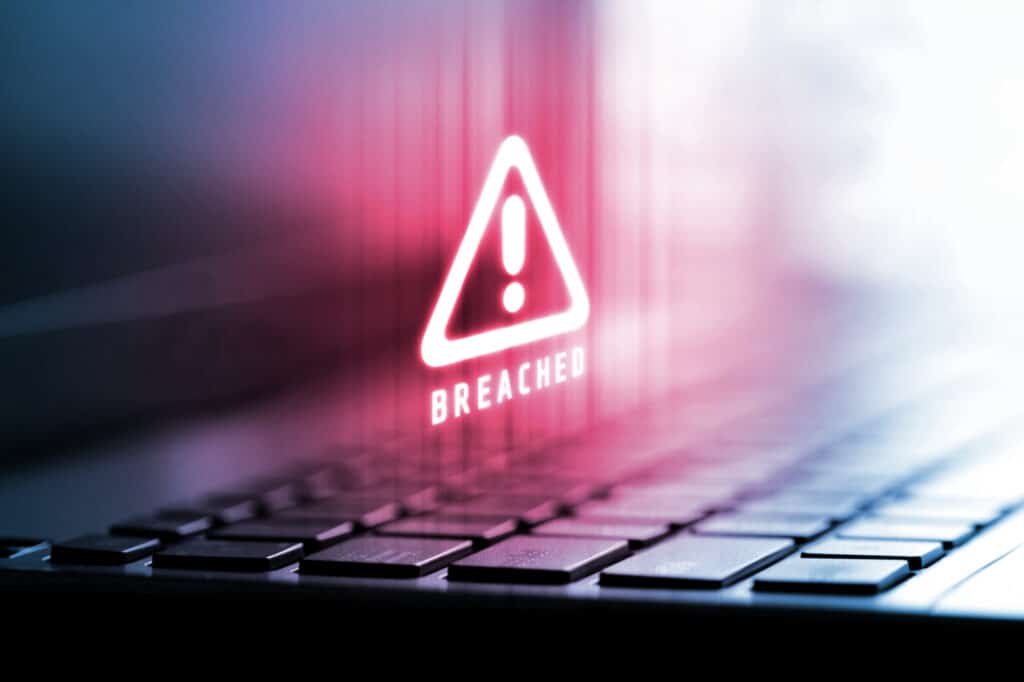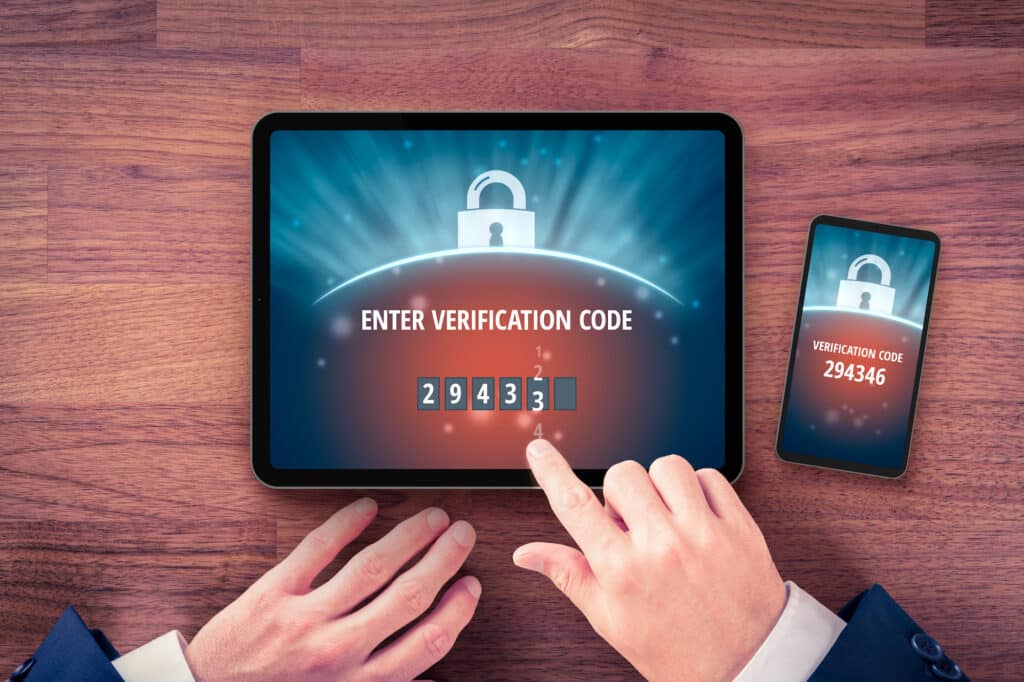
Navigating the Cyber Seas: Sensationalism, Security, and the Need for Discerning Consumption
In this digital era, sensational headlines promising the latest exposé on a high-profile cyber breach or system compromise regularly garnish our newsfeeds. “Over a Million XYZ Platform Accounts Compromised!”, they scream, with the baited urgency of clickbait. It’s almost impossible to resist, isn’t it? Especially when the platform in question is the flavor of the week, or the company is a household name. Just today a trending headline in my own news feed is “Over 100,000 ChatGPT Accounts Compromised by Cybercriminals” (source). However, a more discerning look often uncovers a different narrative.
Beyond the Hype of Headlines: Examining the Role of Users in Breach Incidents
The headlines could just as easily, and more accurately, read “User Security Missteps Lead to Potential Cyber Breaches.” It’s a less compelling title, of course, but one that more accurately frames the core issue at play.
In a vast majority of these incidents, the platform itself hasn’t been breached in a grand cyber-attack; instead, it’s a simple case of poor security practices by users, such as clicking suspicious links, falling for phishing scams, neglecting multi-factor authentication (MFA), or repeating password use across multiple platforms. These practices leave the door wide open for cybercriminals, and they walk right in.
One could pick any online platform, conduct a username and password stuffing attack using data from available breach databases (with 12 billion records and counting – check your own status), and voila – we have breached accounts.
Celebrities and industry titans are not immune to this. It’s likely that at some point, personal figures such as Elon Musk or Bill Gates have fallen victim to credential theft. However, that doesn’t mean that Tesla, SpaceX, or Microsoft “were breached”.
A case in point is the recent ChatGPT “compromise”. In reality, the ChatGPT platform wasn’t compromised. Rather, users fell prey to the Raccoon Infostealer malware, resulting in their credentials being stolen. This can potentially become sensitive due to the nature of data held within a ChatGPT account. Previous chats may include personal or sensitive information that could be weaponized for highly personalized attacks.

Empowering Users by Promoting Proactivity in Digital Hygiene
While platforms have a role to play in ensuring user security, users themselves need to be proactive about their digital hygiene. Here are some alternative headlines, which, if implemented, could lead to a significantly safer digital ecosystem:
- “MFA Adoption Skyrockets as Users Wise Up to Cybersecurity Threats”
- “Phishing Attacks Thwarted as Internet Users Embrace Security Training”
- “Password Recycling Becomes a Thing of the Past as Unique Password Use Surges”
- “Beware of Clickbait: The Critical Role of Digital Literacy in Cybersecurity”
Cultivating Education and Accountability – Shifting the Cybersecurity Paradigm
We need to move away from a culture of blame and sensationalism, and towards a culture of education and accountability. The responsibility for cybersecurity does not rest solely on the shoulders of companies providing platforms but also with the users of these platforms.
The importance of critical consumption of content, especially that with sensationalist headlines, cannot be overstated. By taking a deeper look and understanding the root cause of the issues reported, we can all become better educated, better prepared, and ultimately, safer in our digital environments.
